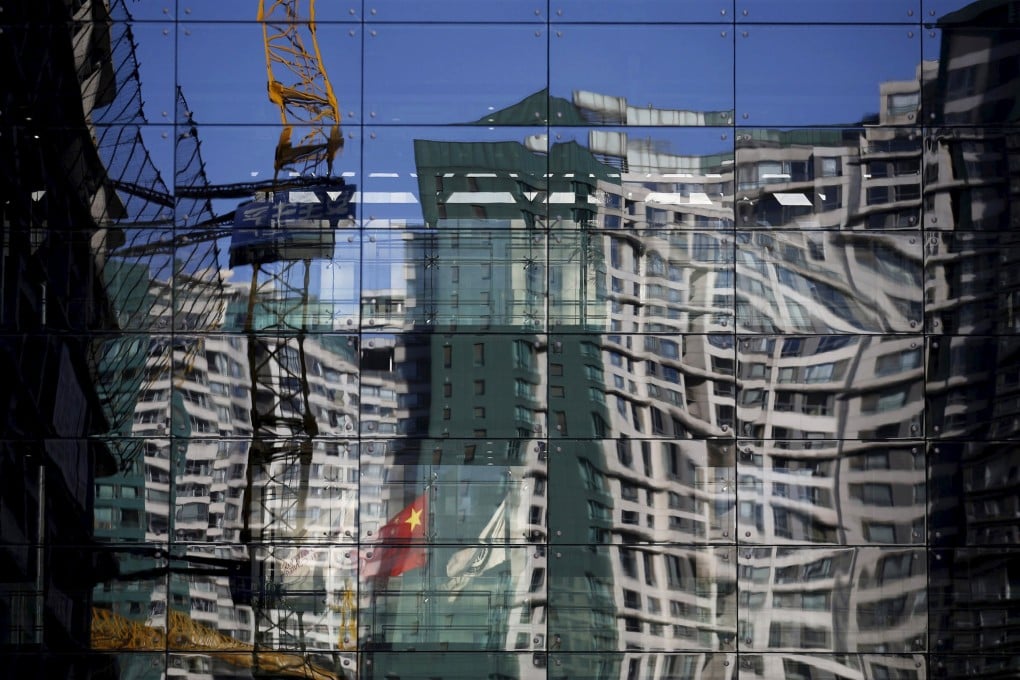A dose of economic realism is just what China needs
Lee Jong-Wha believes Beijing will maintain moderate economic growth, as long as its leaders stick to reforms and adjust their expectations

Pundits love debating the Chinese economy's growth prospects, and nowadays the pessimists are gaining the upper hand. But are things as bad as prevailing wisdom seems to indicate? And if they are, how can they be improved?
China's situation is certainly serious. The economy grew by 7.3 per cent last year, the lowest rate since 1990, and it is unlikely to meet the official target of 7 per cent this year. Weak domestic activity and diminished external demand are taking their toll.
China is also losing long-term growth momentum, as falling fertility rates and returns on investment weaken labour-force expansion and capital accumulation.
These challenges have led former US Treasury secretary Lawrence Summers and his Harvard colleague Lant Pritchett to argue that China's growth could slow to 2-4 per cent over the next two decades. But, given that China's growth pattern has so far been exceptional, this seems unlikely.
The first step must be to recognise that the government cannot rely on direct intervention
Similarly flawed is the view of Justin Lin, former World Bank chief economist. Lin argues that China can achieve 8 per cent annual growth for another two decades, owing to its enduring "latecomer advantage". But this fails to account for the fact that only economies with comparable structural characteristics, such as labour skills and institutional quality, converge to similar per capita income levels.
